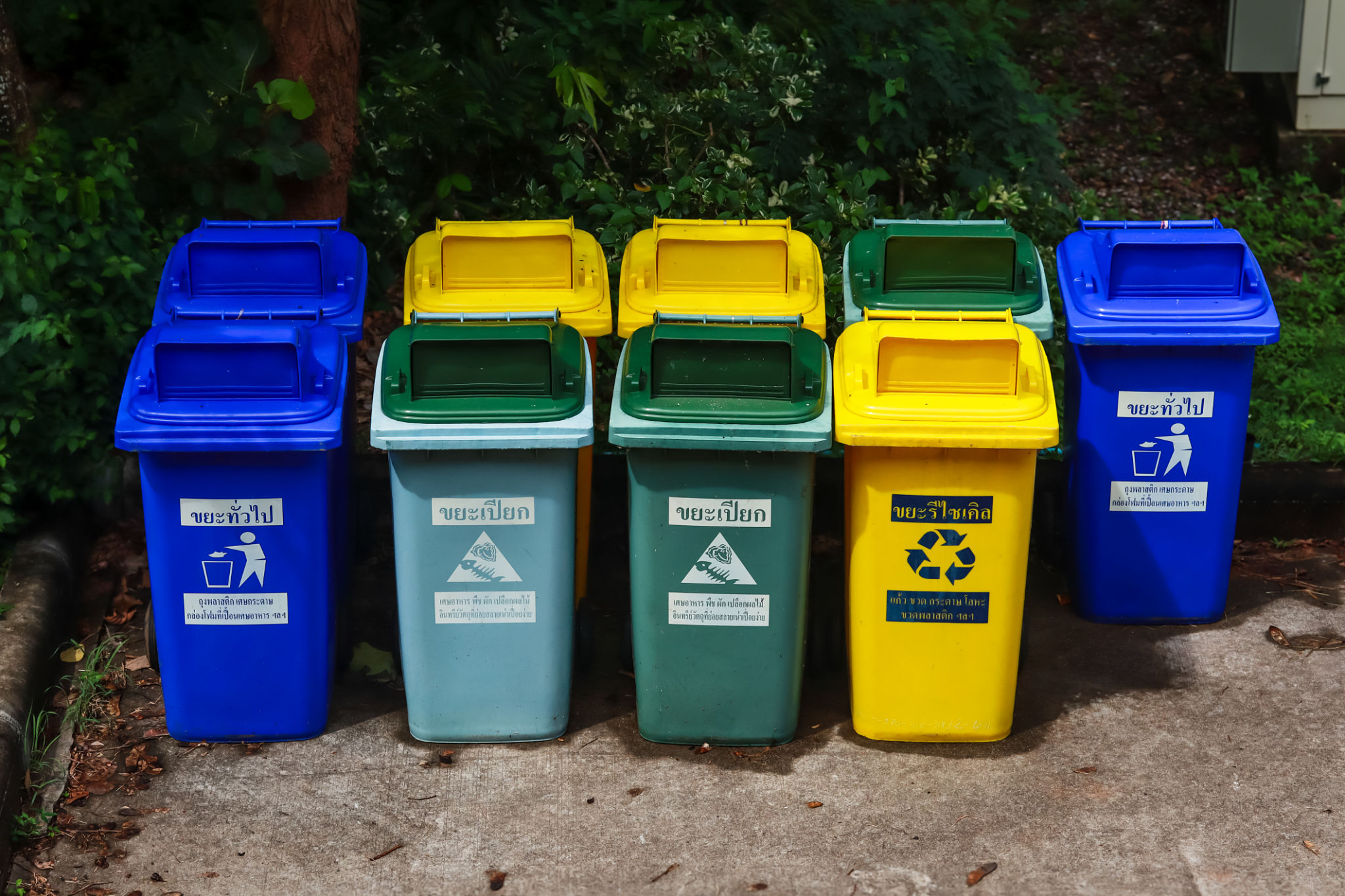Case Study: Successful Waste Treatment Projects in Central Luzon
Introduction to Waste Treatment in Central Luzon
Central Luzon, a bustling region in the Philippines, has been at the forefront of implementing successful waste treatment projects. These initiatives not only address the growing waste management challenges but also pave the way for sustainable environmental practices.

Project Overview
Several projects have been launched across the region, each tailored to meet local needs while adhering to international standards. The focus has been on reducing landfill dependency, boosting recycling efforts, and promoting community involvement in waste management.
Key Objectives
The primary objectives of these projects include:
- Minimizing environmental impact
- Enhancing resource recovery
- Improving public health and sanitation
Innovative Techniques and Technologies
A variety of innovative techniques have been employed to optimize waste treatment processes. Advanced sorting systems, composting technologies, and waste-to-energy methods are just a few examples of the cutting-edge solutions being implemented.

Community Involvement
Community participation plays a vital role in the success of these projects. Education campaigns and workshops have been organized to raise awareness about the importance of proper waste segregation and recycling practices. This grassroots approach has fostered a culture of responsibility and sustainability among residents.
Case Studies of Successful Projects
One notable project is the establishment of a centralized waste treatment facility in Pampanga. This facility has significantly reduced landfill waste by converting organic waste into compost and generating energy through biogas production.
Results and Impact
The impact of these projects has been profound. The reduction in landfill waste and increase in recycling rates have led to cleaner communities and healthier ecosystems. Moreover, these initiatives have created new economic opportunities by generating jobs in waste management and recycling sectors.

Challenges Faced
Despite the successes, these projects have faced challenges such as funding limitations, technological hurdles, and resistance to behavioral change. Addressing these issues requires continuous effort and collaboration between government bodies, private sectors, and local communities.
Future Prospects
The future of waste treatment in Central Luzon looks promising. With ongoing investments in infrastructure and technology, coupled with strong community engagement, the region is well on its way to becoming a model for sustainable waste management practices.
Conclusion
The successful waste treatment projects in Central Luzon demonstrate the power of innovation and collaboration in tackling environmental issues. As these initiatives continue to evolve, they offer valuable lessons and inspiration for other regions striving for sustainability.
